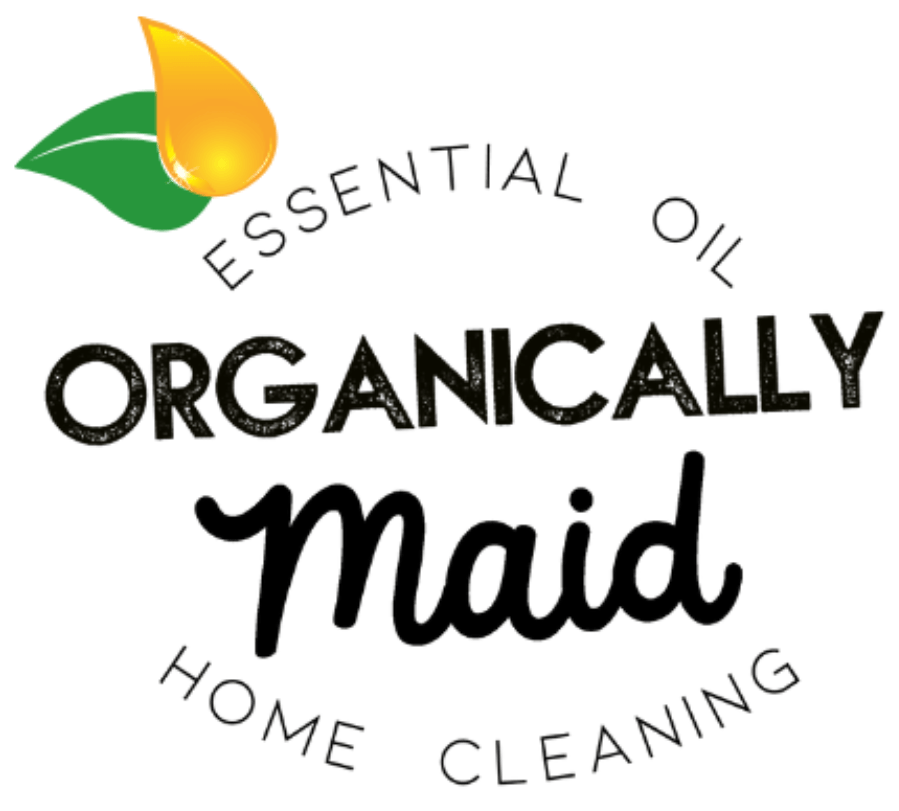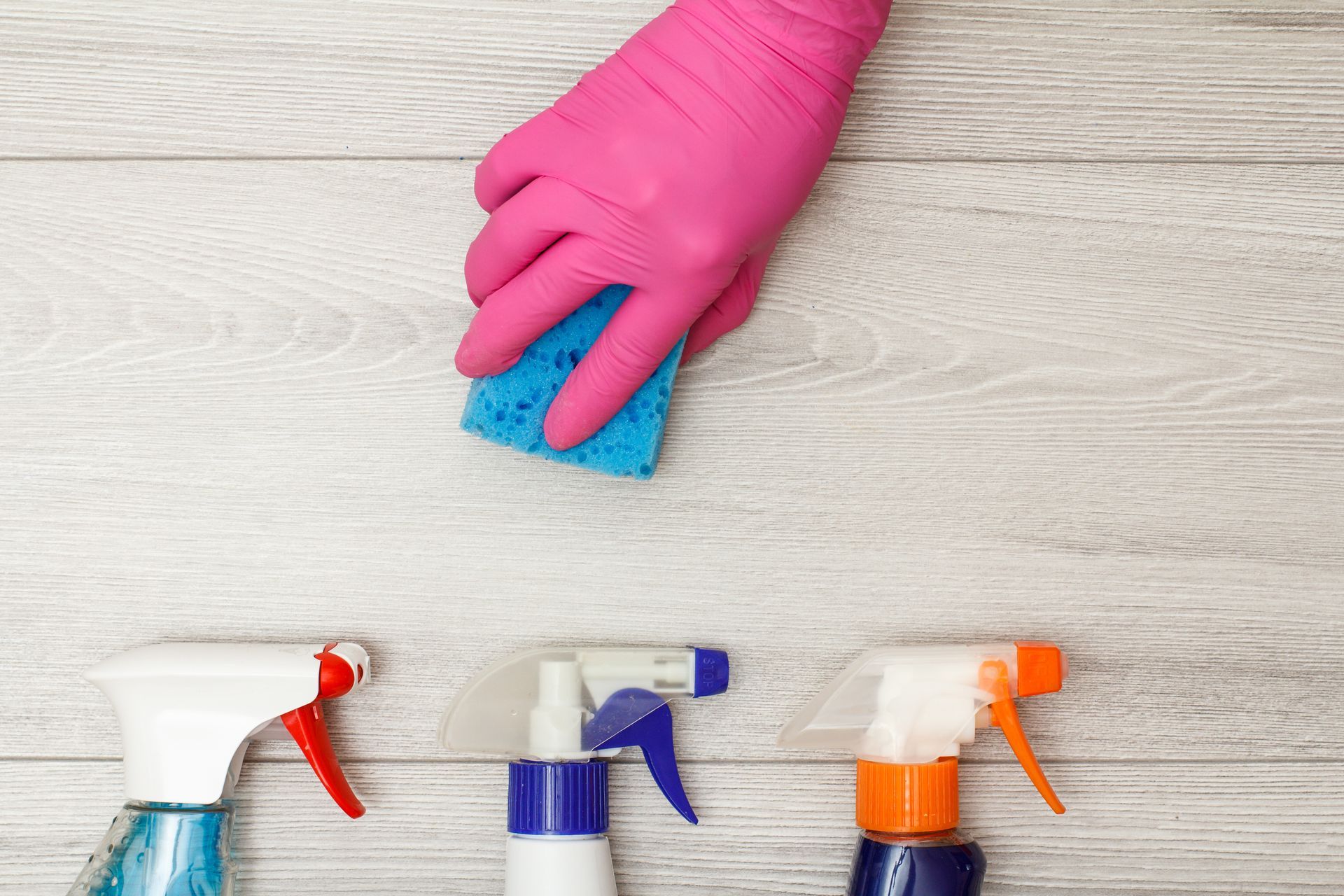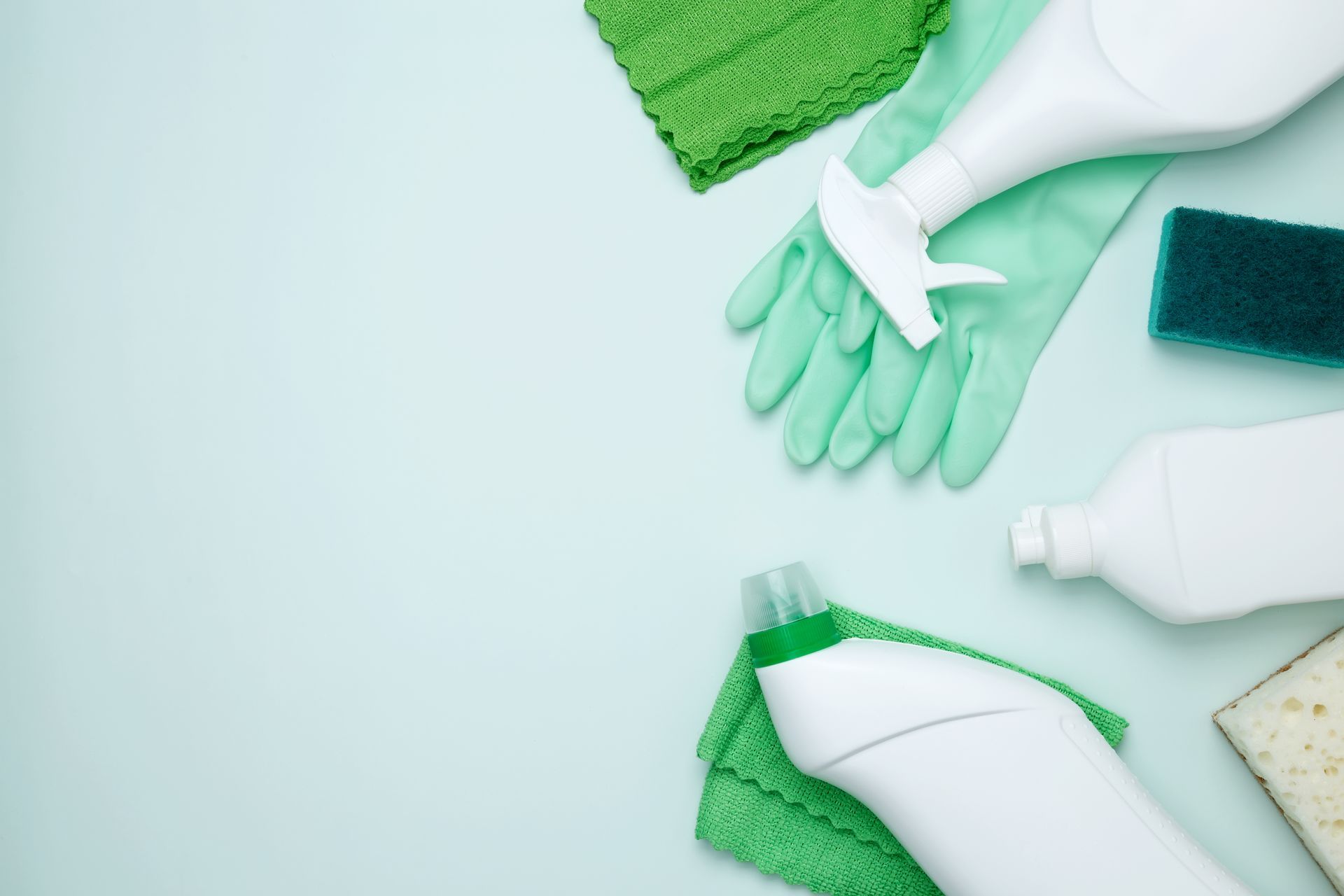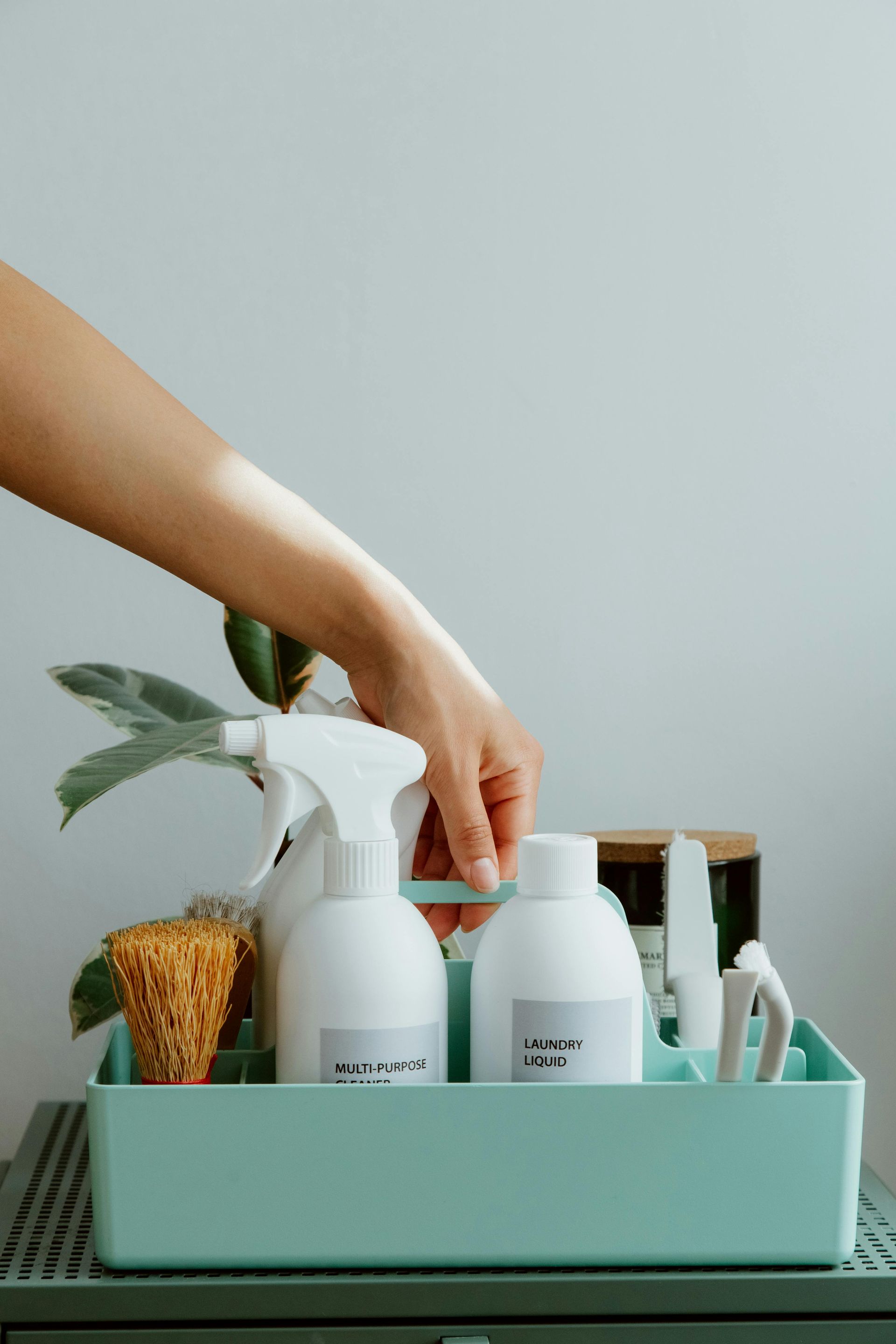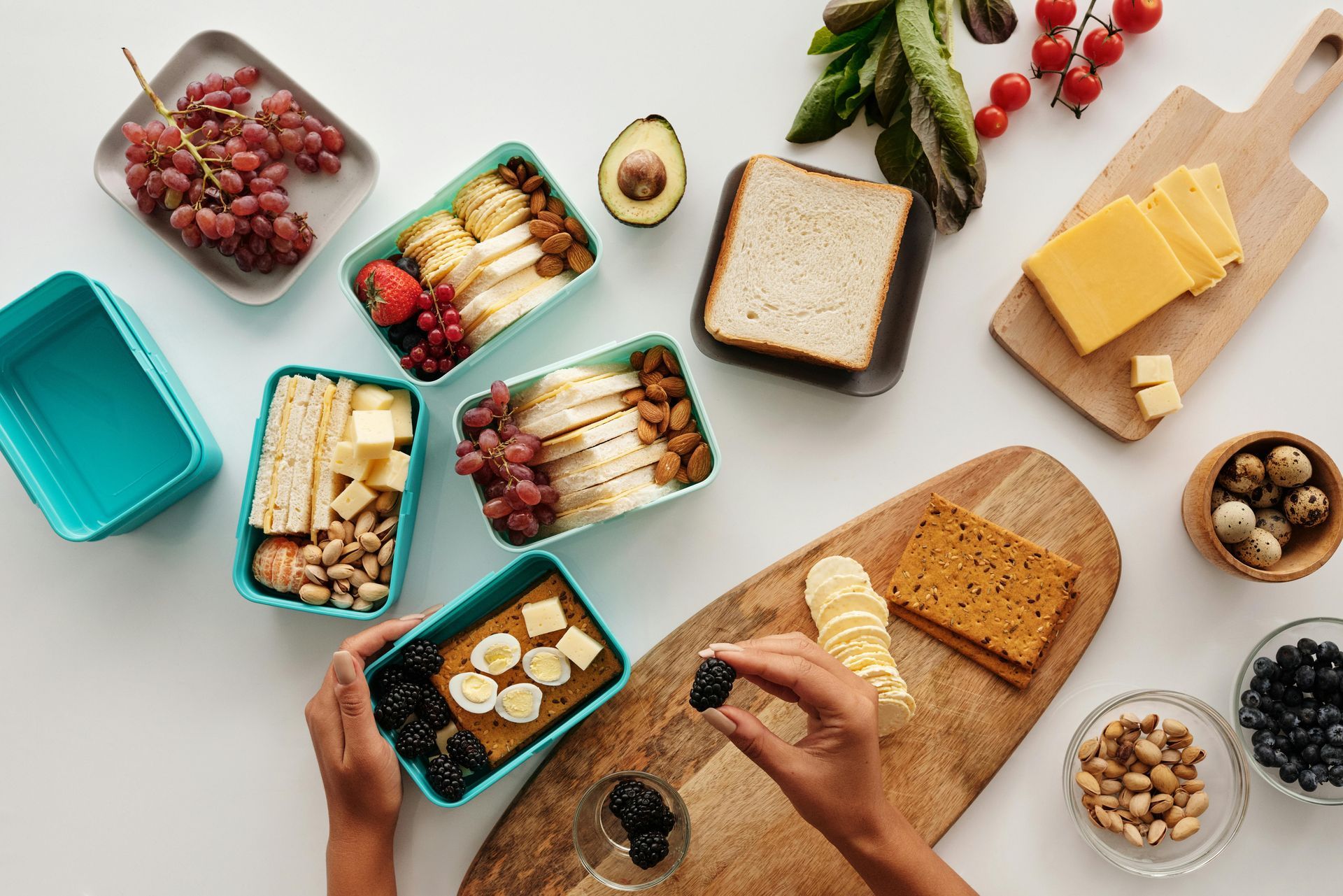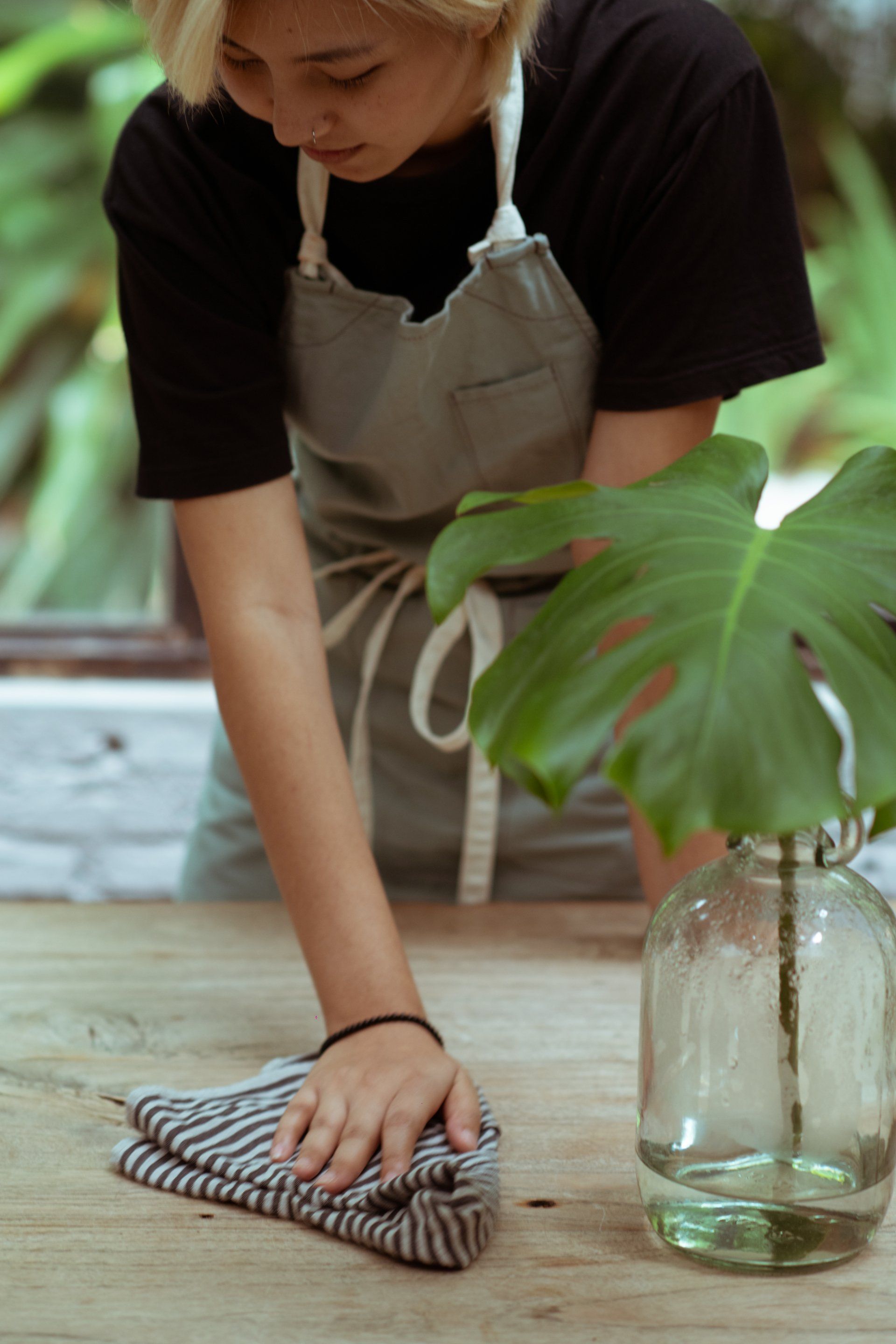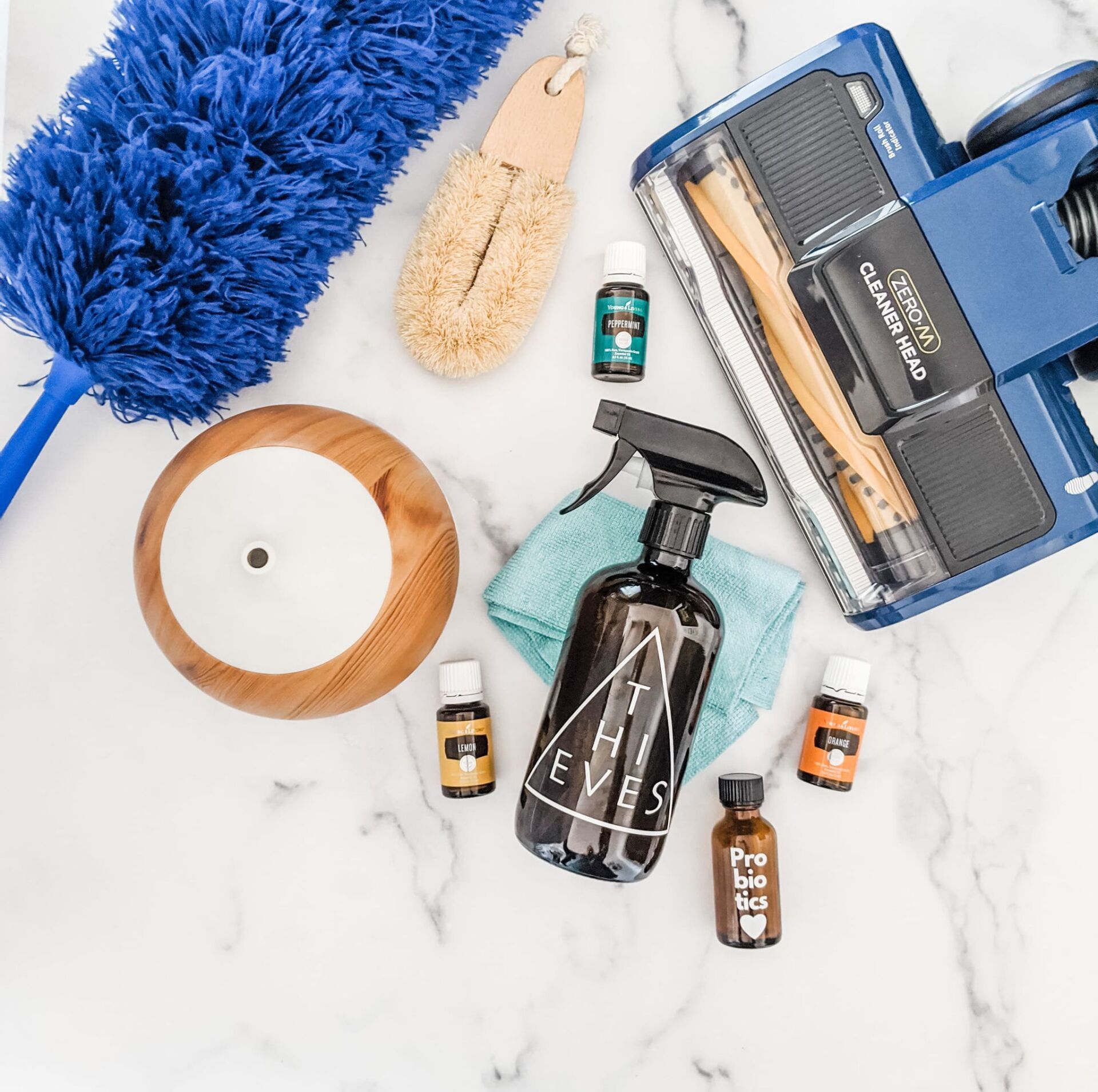Sparkling Clean and Eco-Friendly
Top 11 Pantry Cleaning Tips with Non-Toxic and Organic Solutions
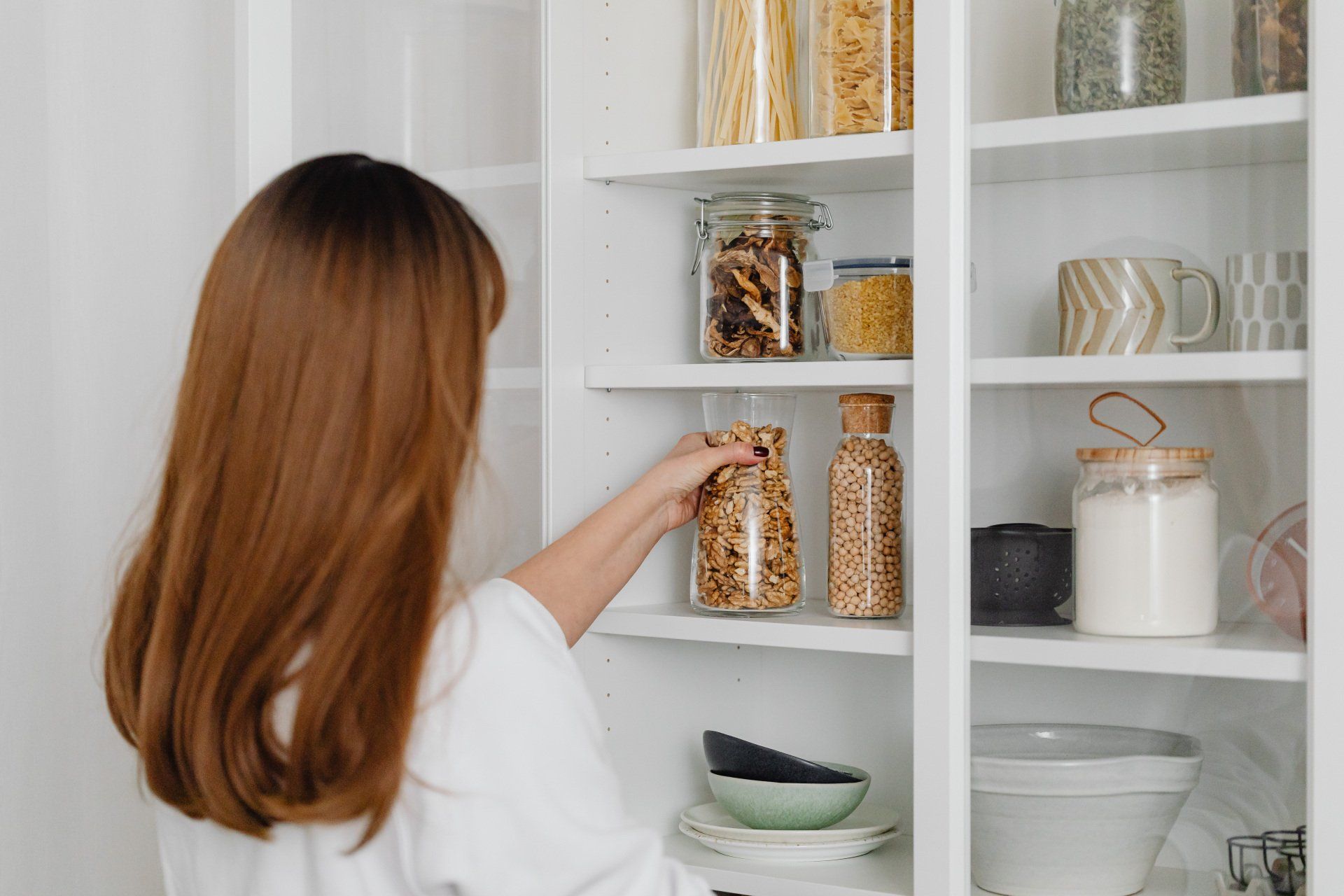
The pantry is a hub of your kitchen, storing a wide variety of food items and ingredients. Keeping it clean and organized is essential for both food safety and kitchen efficiency. But what if you could clean your pantry effectively while also adhering to non-toxic and organic principles? In this post, we'll share 11 top pantry cleaning tips that prioritize your family's health and the environment, without the need for harsh chemicals.
- Empty and Declutter: Begin by emptying your pantry shelves completely. Remove all items, including expired goods, empty containers, and anything you no longer need. Decluttering creates a clean slate for the cleaning process.
- Use Non-Toxic Cleaners: Opt for non-toxic cleaning solutions to avoid harsh chemicals. You can create a simple and effective cleaner using equal parts white vinegar and water. This natural solution is safe, eco-friendly, and capable of tackling most pantry messes.
- Organic Cleaning Cloths: Choose organic cleaning cloths or reusable microfiber cloths made from natural materials. These cloths are not only environmentally friendly but also effective at trapping dirt and grime.
- Wipe Shelves Thoroughly: Dip your organic cleaning cloth in the vinegar-water solution and wipe down the pantry shelves. Pay close attention to spills, crumbs, and sticky spots. Vinegar's natural acidity helps dissolve grease and grime.
- Address Sticky Residue: For sticky residues, use a mixture of baking soda and water. This organic paste is gentle yet effective at removing adhesive residues left by labels or sticky spills.
- Ventilation is Key: Ensure proper ventilation in your pantry while cleaning. Open windows or use a fan to prevent any lingering cleaning odors from affecting your stored food items.
- Organize Thoughtfully: As you return items to your freshly cleaned pantry, organize them in a way that makes sense to you. Group similar items together, label containers clearly, and consider using sustainable and reusable storage options like glass jars or bamboo containers.
- Regular Check-ins: Make pantry cleaning a regular practice by scheduling check-ins every few months. Dispose of expired items promptly and give your shelves a quick wipe down to maintain a clean and organized space.
- Pest Prevention: To deter pantry pests, store food items in airtight containers made from eco-friendly materials like glass, stainless steel, or BPA-free plastic. Regular cleaning and proper storage are essential for preventing infestations.
- Natural Pest Control: If you're concerned about pests, use natural pest control methods like sachets of dried lavender or bay leaves to repel insects without resorting to toxic pesticides.
- Composting: If you have expired or spoiled organic food items, consider composting them rather than throwing them away. Composting reduces food waste and contributes to a more sustainable kitchen.
Cleaning and organizing your pantry with non-toxic and organic methods not only ensures a healthier living environment but also aligns with eco-conscious principles. These top pantry cleaning tips help you maintain a clean, clutter-free, and environmentally-friendly space where you can safely store your food items. By making simple switches to natural cleaning solutions and sustainable storage, you're taking steps toward a greener and cleaner kitchen.
Blog




